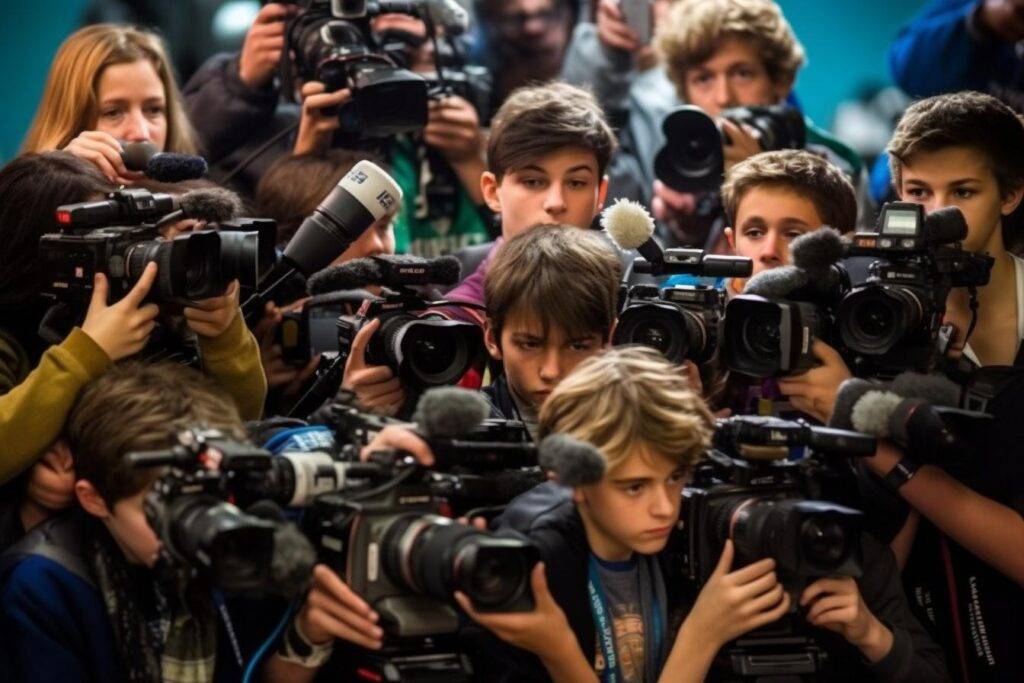Looking at the present, it is often said in society that today’s young people behave differently when compared to previous generations. Discussions about young people’s behaviour and values are taking place at all levels, from the doorstep to the political level. That is to say, this different behaviour is perceived as a significant change, but is it really?
One of the factors contributing to the perception that today’s young people are different from previous generations is the rapid development of technology. For example, compared to 50 years ago, today’s young people have grown up in a world dominated by the internet, social media and smartphones. This has led to new ways of communication, social interaction and information exchange that were previously unimaginable. As a result, today’s young people may have different attitudes and behaviours towards socialising, learning and having fun.
Today’s young people face different economic challenges than previous generations, reflected in different priorities and values regarding work, money and lifestyles. For example, today’s young people may be more focused on work-life balance and work flexibility than previous generations who prioritised stability.
Social and cultural changes have also contributed to the perception that young people are different today than in the past. Attitudes towards sexuality, gender and race have changed considerably in recent decades, leading to greater acceptance and inclusion of different identities and lifestyles. In addition, changing family structures and the rise of single-parent households may have led to differences in values and behaviour among young people today.
Another possible explanation for the perception that young people today are different is the phenomenon of nostalgia. Nostalgia is a sentimentality towards the past that often idealises previous eras and ignores their shortcomings and challenges. It is possible that older generations romanticise their own youth and disregard the differences and challenges that existed then. This can lead to a biased view that today’s young people are fundamentally different from themselves.
It is important to mention the role of the media and popular culture in shaping young people’s perceptions. The media often focus on stories that portray young people in a negative light, such as stories about drug use, crime or other morally unacceptable behaviour. This can create misconceptions of young people as more dangerous or problematic than they really are. Similarly, popular culture often portrays young people in stereotypical ways that may not reflect their true values, beliefs and behaviours.
In conclusion, there are several factors that contribute to the perception that young people today behave differently from previous generations. These include technological change, economic problems, social and cultural change, nostalgia and the role of the media. It is important to critically examine these factors and avoid making generalisations about whole generations based on limited information. Only by understanding the complexity of young people’s behaviour in a nuanced way can we develop effective strategies to tackle the challenges young people face today.
Personally, I am most often confronted with the prevalence of people’s nostalgic thoughts over the evaluation of objective information. Therefore, to hear the phrase that today’s young people are different, that this was not the case in our time, makes me to smile at their ability to objectively assess the present. Here and now. The most absurd idea to me is that this ‘otherness’ should be fought with more punishment, but at the same time, we ourselves are failing to ‘inculcate’ the desired expected result, that is, we are transforming our own inability into the next generation, and the punishment is like a stamp that we proudly display.




